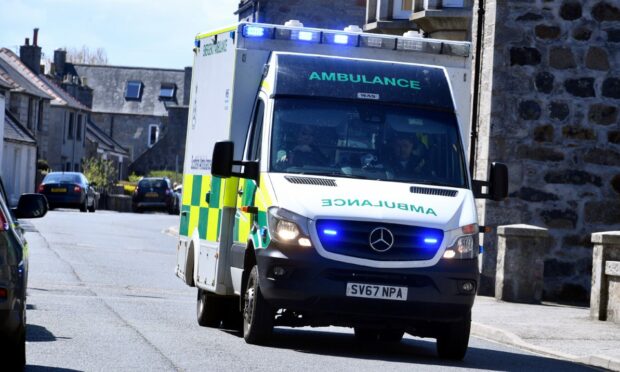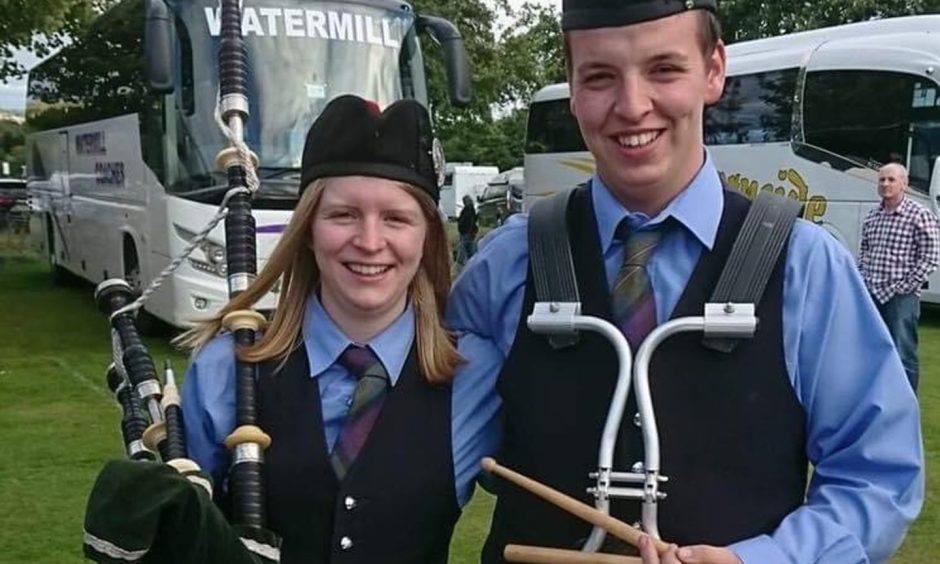Scotland’s centralised control of emergency services does not “effectively reflect the reality” for life on island and rural communities, according to SNP activists who want an overhaul.
Branches in Inverness, Islay, Jura and Colonsay set out their concerns in a challenge to SNP leader John Swinney at their party conference in Edinburgh being held this weekend.
They welcome the “excellent” work of responders but pick out problems with an “urban” focus.
‘Not appropriate’
“While a move to an efficient centrally organised system is understandable and to be supported where it is appropriate, increasingly experience in island and rural areas has shown its limitations and weaknesses in these settings,” they wrote in the conference agenda papers.
Scotland has three control centres for ambulances, one of which is in Inverness.
The branches want wider support for a full review of all statutory emergency services to make sure they are correct for island and rural communities.
Highlands and Islands MSP Emma Roddick, who was previously a call handler for the patient transfer service based in Raigmore, said similar concerns had been raised with her across the region.
Distinct rural needs
She had not been part of the conference proposal but highlighted a reliance on first-responders in rural areas.
“That’s something I’ve written to numerous health secretaries about,” she said.
“I take a real interest in this, not just for the distinct needs of islands but all rural communities.”
In August, the Scottish Government announced improved 24/7 care on Skye after a teacher nearly died waiting an hour for an ambulance.
Eilidh Beaton used five epi-pens to stay alive while ambulances were tied up elsewhere and the community hospital was closed for the night.
The Scottish Government said all services consider challenges in providing emergency care in remote and rural settings.
“The Scottish Ambulance Service’s review of demand and capacity is ensuring resources are in place across Scotland, including remote and rural areas, to meet current and projected demand,” a spokesman said.
Police and fire services are legally required to develop local plans for each area, the government added.
More from the P&J politics team:



Conversation